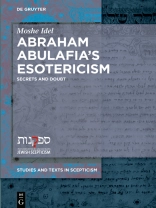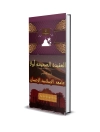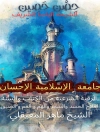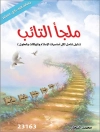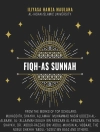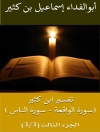This book focuses on Abraham Abulafia’s esoteric thought in relation to Maimonides, Maimonideans, and Islamic thought in the line of Leo Strauss’ theory of the history of philosophy. A survey of Abulafia’s sources leads into an analysis of the esoteric meaning on the famous parable of the three rings, considering also the possible connection between this parable, which Abdulafia inserted into a book dedicated to his student, the 13th century rabbi Nathan the wise, and the Lessing’s Play ‘Nathan the Wise.’
The book also examines Abulafia’s universalistic understanding of the nature of the Bible, the Hebrew language, and the people of Israel (or the Sinaic revelation). The universal aspects of Abulafia’s thought have been put in relief against the more widespread Kabbalistic views which are predominantly particularistic. A number of texts have also been identified here for the first time as authored by Abulafia.
关于作者
Moshe Idel, Hebräische Universität, Jerusalem, Israel
